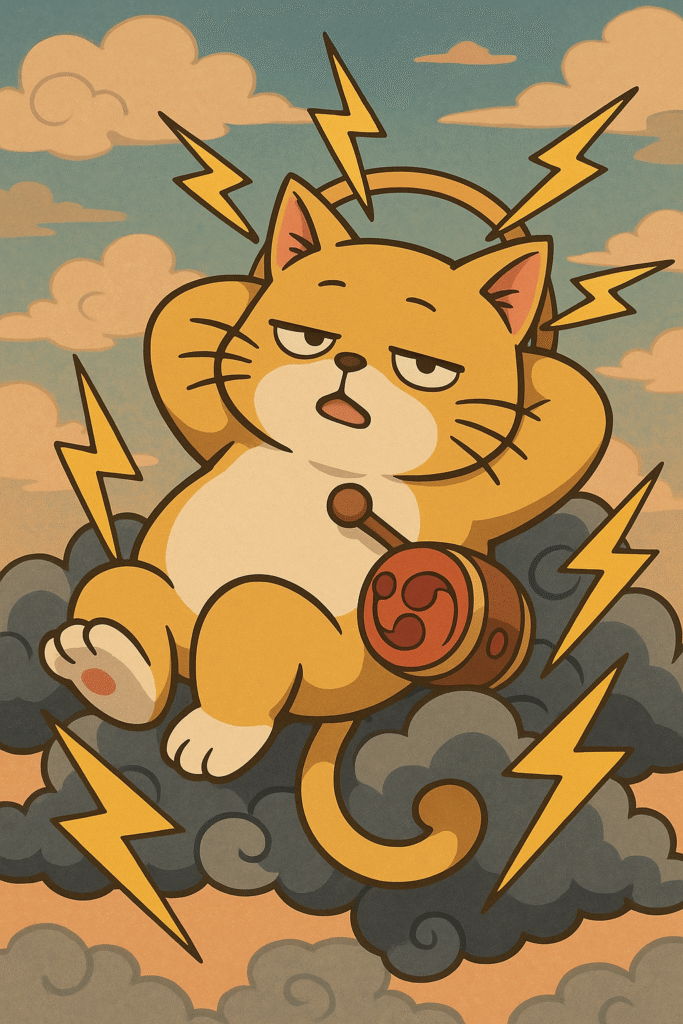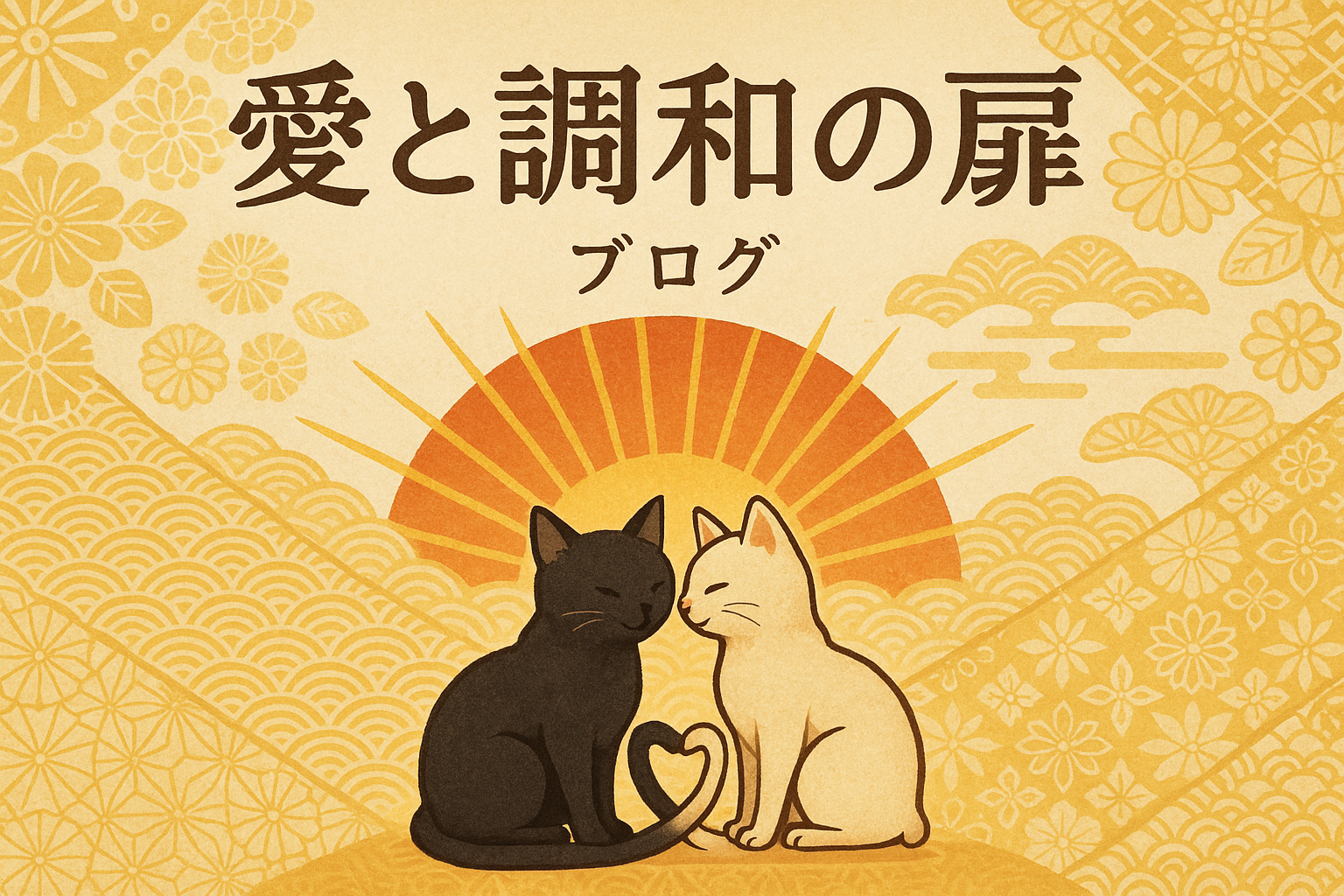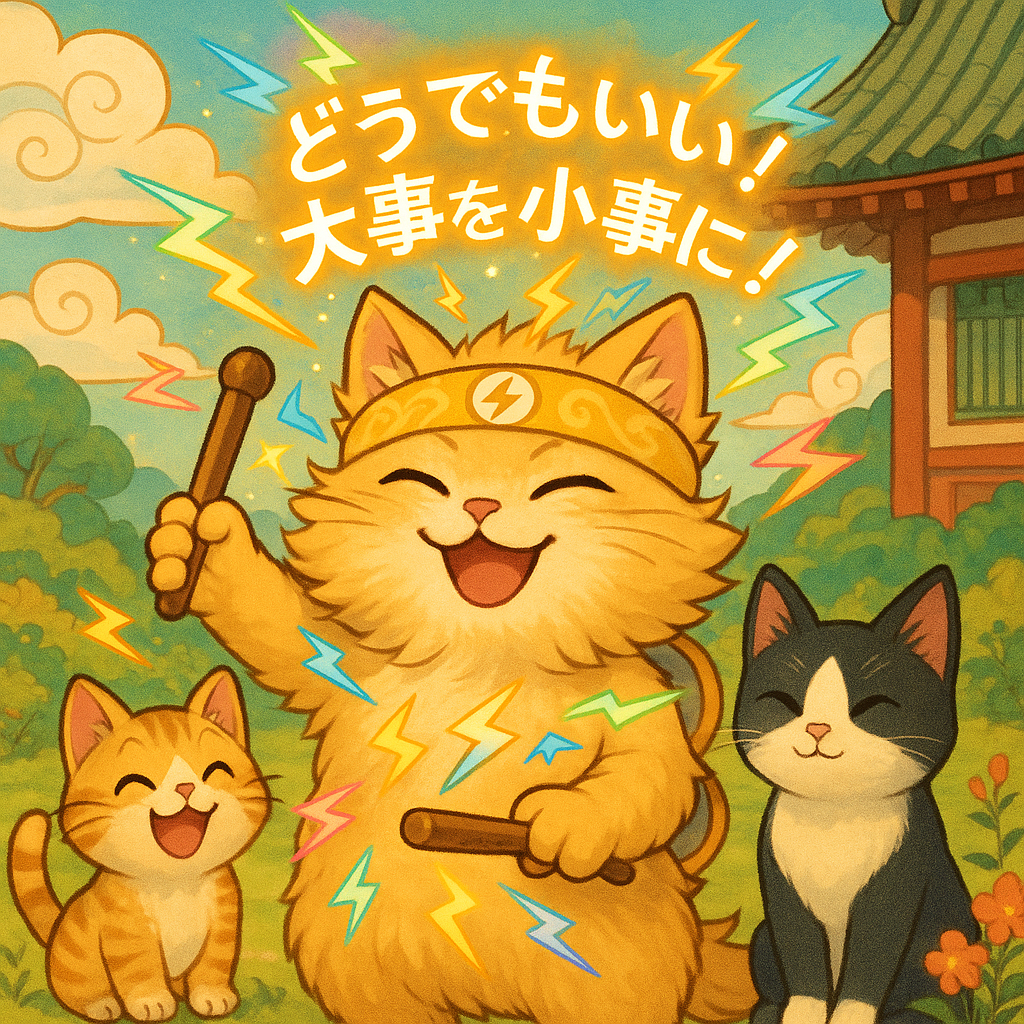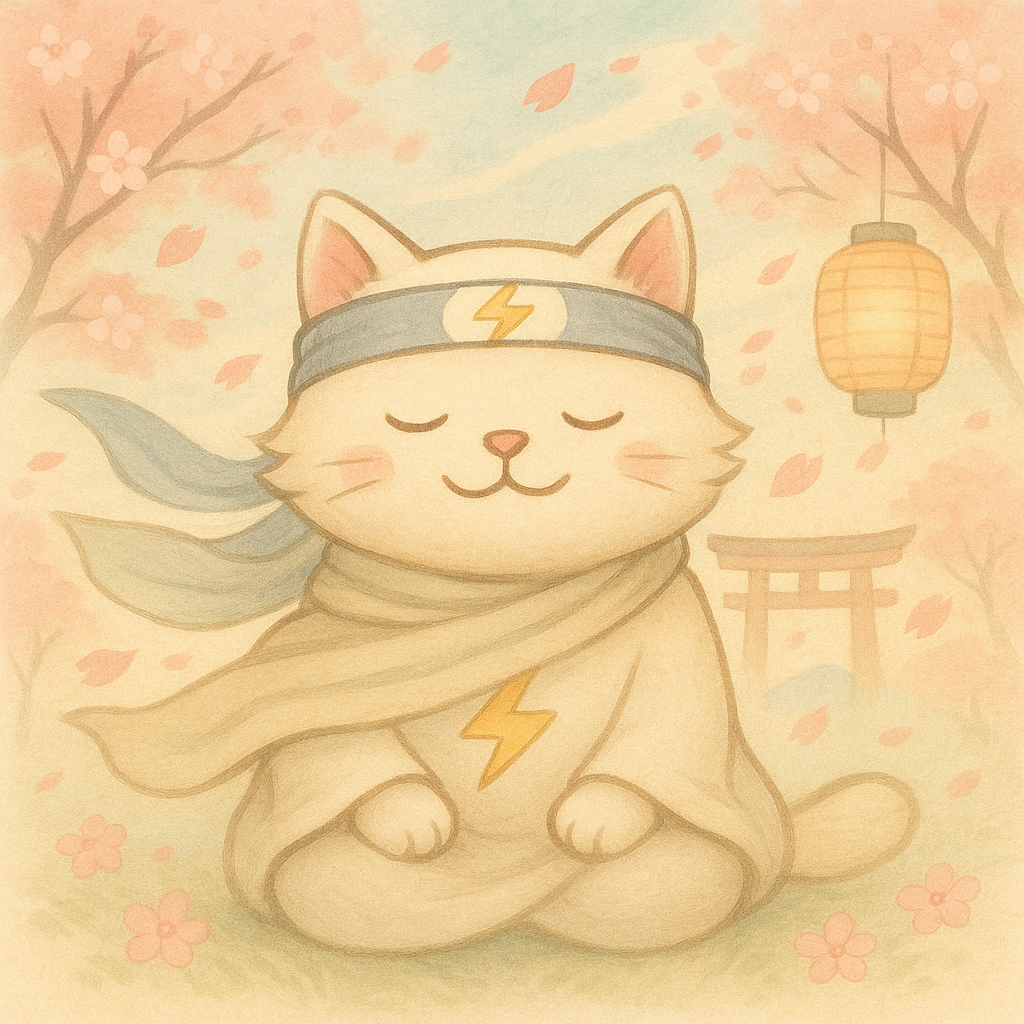[How to prepare your mind from Kukai and Buddhism]
In your daily life, have you ever found yourself being upset by small words or events?
In this article, we will refer to the teachings of Buddhism and Kobo Daishi Kukai.The magic of "I don't care" to lighten your heartWe will explain about:
Freed from attachments and worries,A gentle and gentle selfWe've put together some tips to help you do just that.
- Chapter 1 Why do people get upset over small things?
- Chapter 2: Worries: Are you making a big fuss about them?
- Chapter 3: Freedom to be found in indifference
- Chapter 4: The courage to let go of things that seem important
- Chapter 5: The ability to let things go and say "It's ok" will help you organize your life
- Summary: The magic of "I don't care" to develop a kind heart
Chapter 1 Why do people get upset over small things?
"Just one word pierces my heart" "I can't fall asleep at night"...I'm sure everyone has had an experience like that.
This phenomenon is known in Buddhism asfierce thoughtsIt's natural for us to feel that small events have great meaning.
We end up giving meaning to events, imagining the future,Increases anxiety and angerThis causes them to do so.
Kukai said,Correct your mind in all ways(I will clarify the newspaper article.)"
"The way you see the world is entirely determined by your mind"This means that...
- I get bothered by the other person's casual remarks
- Even though they don't mean any harm, I find myself imagining that they don't like me...
These delusions,Eventually it becomes ingrained in your mind as a “fact”This sometimes happens.
Kukai said,Don't get caught up in words, look into the heart" He also teaches us that.
In other words,Be aware of your own perception rather than the event itselfis important.
The more responsible and serious a person is, the more likely they are to feel that everything is important.But the wisdom of Buddhism speaks to us gently.
“Is that really important?Isn't it a "non-issue"?"and.
This "it doesn't matter" attitude is by no means resignation.
The important thing is to create spaceThis is the state of mind known as "nothingness" in Buddhism.
Whatever your worries,In 10 years, you won't remember itMaybe.
...When you think about it like that, doesn't it make you feel a little better?
"Well, okay.Please continue to practice saying this mentally.
Kukai left behind the words, "Don't question the wind, don't chase the clouds."
Don't look for meaning in the wind or the clouds, just go with the flow.This is a hint from the Buddha.
Chapter 2: Worries: Are you making a big fuss about them?
"What should I do?" "Do they hate me?"Most of your worries come from how you perceive things, rather than from the events themselves..
In Buddhism, "Things have no substance, everything is "empty"" he explains.
- Even if you feel like you can't handle a problem, it may not seem like a big deal to someone else.
- It is your own mind that decides the weight of your worries
Kukai "The mind is filled with the universe"
It's up to you whether you attach meaning to it and suffer, or remove the meaning and feel relieved.
Even when someone's words really hurt your heart, there are many times when the other person doesn't really care.
thisIn Buddhism, "inflated suffering" is called "delusion"This is called.
We will also introduce some of Kukai's kind words.
"It is admirable that people don't see problems as problems."
People who can let things flow are truly strong-mindedThat is it.
How to put it into practice?
- Try to soften your words
For example, "What should I do?" → "It'll work out somehow" "It's no good" → "Let's move on to the next thing." - Practice talking about events in a "small" way.Just by not exaggerating to others, you will feel lighter and lighter.
There is power in not speaking(Kukai)
Have the courage to not talk too much about your worries, and to quietly say things like, "It's okay," or "It doesn't matter."
Chapter 3: Freedom to be found in indifference

"I don't care"...These words contain a little magic that can lighten your heart.
In Buddhism,Only when you let go of your attachments and obsessions will your mind become free.He preaches that:
Kukai "All phenomena arise from the mind. If we cling to them, everything becomes suffering."
Today's "words from my boss" "A day that didn't go as planned" --
How much freer would your mind be if you could think that too, "it doesn't matter"?
In Buddhism,freelyThere is also a beautiful word called "jizai."
Being free to flow and be yourself - that is the freedom of mind we aim for.
- Try to practice not worrying about it.
For example, if you're worried about people looking at you, try muttering "I don't care." - Focus on the things that are truly important. Health, family, peace... Everything else may not be important.
Kukai "Live like the wind"
The wind is not bound by anyone, yet embraces everything. Why not try to cultivate a flexible mind like that?
Chapter 4: The courage to let go of things that seem important
""I absolutely need this," "I absolutely want this," "I can't feel at ease without this"...that attachment is the source of sufferingis.
Kukai said,Desiring much is vanity; wanting less is true wealth." I taught him.
- Status, reputation, other people's evaluations... the more you hold on to them, the more anxious you become about what will happen if you lose them
- The same goes for age and money. Anxiety comes from the fear of losing something.
Kukai:Everything is like a dream"
What you have now,Not foreverHere are some tips to loosen your attachments.
Other people's opinions and money are not essential. In Buddhism, "non-possession" isNot having is strengthHe preaches that:
Kukai is,A person who gave up power and wealth to continue searching for "her own happiness"It was.
"What do you really want to protect?"
Why not ask yourself, in the back of your mind, "This is the one thing..." and try letting go of one thing today?
That little bit of courage,A quiet, free and easy lifeThis is the first step.
Chapter 5: The ability to let things go and say "It's ok" will help you organize your life
Being able to think, "I don't need to worry too much," is what will change your life.
In Buddhism, "Everything is impermanent. Nothing lasts forever." It is said that...
Today's worries and tomorrow's regrets will eventually flow away like the wind.
Kukai: "The true path is to go with the flow."
Will I remember this in 10 years?
Most of them have probably already been forgotten.Practice being able to let things go and say, "Oh well."Let's try it.
- The "ability to let go" is not patience.The strength to warmly acceptis.
- When you feel like saying something, take a breath. Practicing not saying things will also help calm your mind.
- The habit of "taking a step back and looking at events." Instantly, your mind becomes more relaxed.
Also,Recite the "Word of Truth" every dayIt also puts your mind at ease.
The sounds of the mantras and sutras that Kukai loved gently wash away anger and anxiety.
"Well, this is fine."If you can say this, you will no longer be attached to the past,I can focus on the presentIt will look like this.
This will gently change the "you of tomorrow."
Summary: The magic of "I don't care" to develop a kind heart
Try to truly feel that "it doesn't matter."That alone will change the way you see the world.
Buddhism teaches that attachment is the root of suffering.
Worrying about it makes me suffer, and obsessing about it makes me tiredThat is it.
Kukai alsoLet go of things that don't matterIt has given me freedom and happiness.
- Unpleasant words, other people's gazes, past failures, anxiety about the future...
- If you can just let go of all those things by saying "it doesn't matter," you will be freed from the chains of your mind.
"I don't care" is not "carelessness," but the wings of a kind heart.
Don't get distracted by small things,Kindness that allows you to live with a smilePlease try cultivating it today.
If your heart is lighter, the world will surely appear wider and kinder to you.




comment